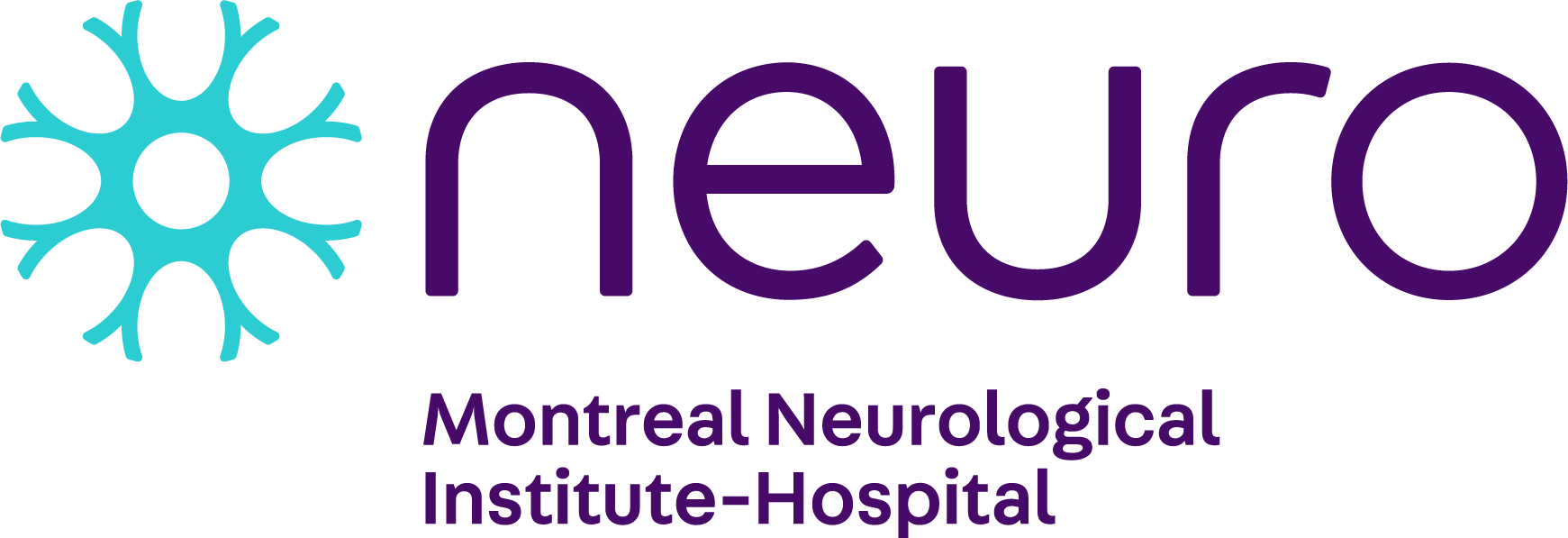ŌĆ£Current MS therapies tend to work in the fluid around the brain; they canŌĆÖt reach immune cells in the brain and spinal cord. We now believe that one mechanism of Multiple Sclerosis progression is that inflammation in the brain is ongoing between relapses,ŌĆØ explains Dr. Alexander Saveriano, a neurologist and one of the principal investigators for Multiple Sclerosis (MS) clinical trials at The Neuro (Montreal Neurological Institute-Hospital). And a new approach to treatment hopes to target that ongoing inflammation.
Building on past success
Multiple Sclerosis was one of the first neurological conditions to benefit from disease-modifying therapies ŌĆō treatments that slow the progression of symptoms. Back in 1986, the Clinical Research Unit at The Neuro (CRU) was established by Dr. Gordon Francis to take part in early clinical trials for MS, helping to test the first approved treatments for the disease.
ŌĆ£Thanks to those treatments, many individuals with MS lead active lives for much longer than would have been possible 40 years ago. But it is still very much a progressive disease, and not everyoneŌĆÖs condition is as well managed as weŌĆÖd like,ŌĆØ notes Dr. Saveriano.
Some of the most effective treatments for MS are anti-CD20 monoclonal antibodies. The MS Society of Canada explains that monoclonal antibody treatments are proteins which mimic the antibodies that are produced naturally in the body. In this case, they work by depleting the activity of the CD20-positive immune B and T cells which overreact in MS, attacking the myelin sheath around nerves, resulting in MS symptoms.
Targeted delivery
An ongoing challenge to develop better MS treatments is getting medication across the blood-brain barrier. As its name suggests, this barrier screens out large molecules and ensures that harmful substances donŌĆÖt cross into the brain. Several therapeutic treatments that use antibodies are too big to cross the blood brain barrier, which limits their effectiveness. But, researchers may have found a way around this.
ŌĆ£It turns out that the brain does have mechanisms that engage receptors on the blood-brain barrier and allow certain large molecules to cross. The hope is that by engineering into the antibody a module that binds to a natural receptor on the blood-brain barrier, this potential treatment becomes a ŌĆśbrain shuttleŌĆÖ to help move the molecules across,ŌĆØ explains Dr. Saveriano.
While this is an early phase trial, on paper the technique definitely looks promising. ŌĆ£If this proves effective, this could be a potential new avenue for treatments for individuals with progressive MS,ŌĆØ concludes Dr. Saveriano.
For more information, contact the MS team at the Clinical Research Unit at The Neuro: ms-cru.neuro [at] mcgill.ca or (514) 398-5500.




